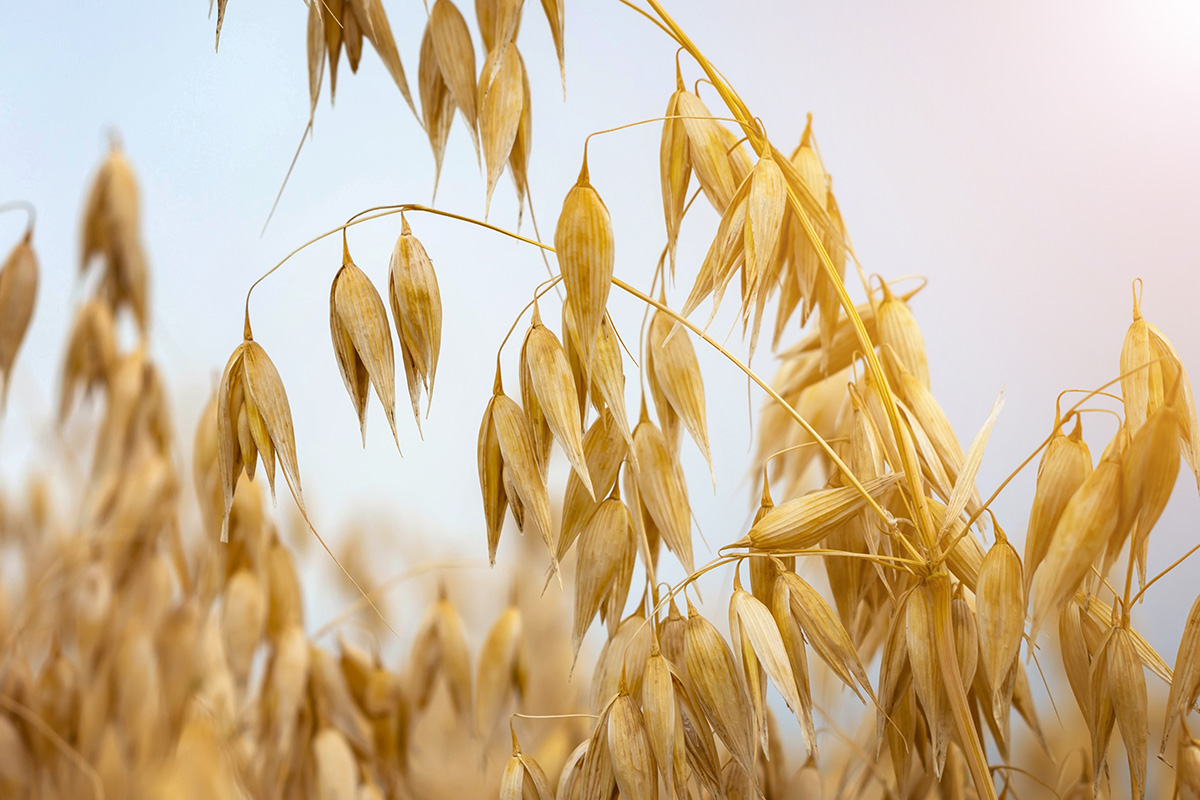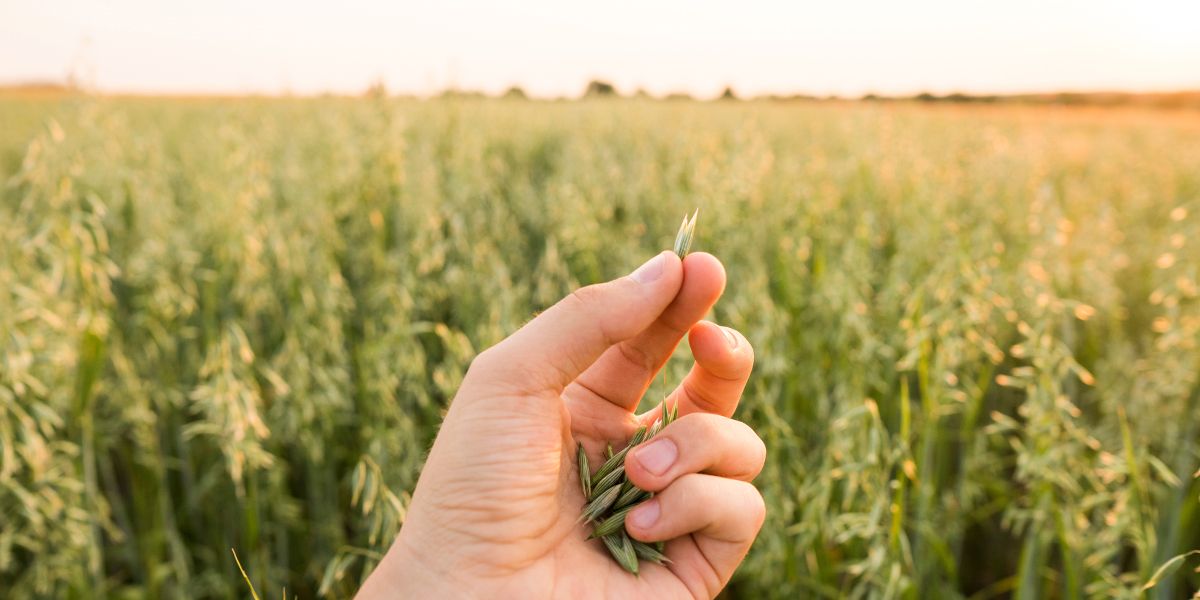Whole grain Oats – As Healthy as it gets
Whole grains are a powerhouse of nutrition, offering a wealth of health benefits that have been extensively studied and proven. Among these, whole grain oats stand out for their versatility and nutritional value. From flakes to flours, these grains retain their beneficial properties, making them a staple in a healthy diet. Discover why incorporating whole grain oats can contribute to better health and play a key role in your product offerings.

What is Whole Grain?
Whole grains are defined as grains where the three fractions—endosperm, germ, and bran—are present in the same relative proportions as in the intact grains. Because of the germ and bran, the amount of fiber, B vitamins, and minerals is higher in whole grains than in refined grains. In whole grain products, whole grain should be the main ingredient; that is, whole grains should constitute more than 50% of the dry matter.

Proven to be Healthy
The more whole grains a person’s diet contains, the healthier they remain. The topic has been extensively studied, and results are consistent. A high intake of whole grains lowers the risk of cardiovascular disease, colorectal cancer, type 2 diabetes, and all-cause mortality. Higher intake of whole grains is also associated with lower body weight, total cholesterol, and systolic blood pressure (Nordic Nutrition Recommendations 2023).

Whole Grain Oats are on the Roll
One of the benefits of oats is that they are primarily used as whole grains. For example, oat flakes are usually made from whole grain oats. Large oat flakes are made from whole oat grains that are not cut, just flattened into flakes. Oat flakes can also be made from grains that are first cut lengthwise into several pieces and then flattened into flakes. This results in smaller flakes compared to large oat flakes. Instant oats or quick oats differ from regular oat flakes in that the flakes are flattened thinner. Whether it’s a certain type of oat flake, cut oat kernel, or whole grain oat flour, all are made from whole grains, and their nutritional value is equally good. Thus, wholegrain oats are a versatile ingredient for having nutrition in a wide range of applications.
|
Nutritional value per 100 g |
Whole grain oats |
|
Energy |
1557 kJ/370 kcal |
|
Fat |
8 g |
|
Carbohydrate |
55 g |
|
Fiber |
11 g |
|
- of which beta-glucan |
4.6 g |
|
Protein |
14 g |
|
B1-thiamin |
0.4 mg |
|
Phosphorus |
440 mg |
|
Magnesium |
130 mg |
|
Iron |
5.1 mg |
|
Zinc |
3.2 mg |
*Values are based on analyses conducted by Raisio.
Our Expertise: Supporting Your Product Development
Are you interested in learning more about the potential of oats? Raisio’s team of experts is here to share insights and support your product development process.
Share this
You May Also Like
These Related Stories

Oats – A great source of protein

Oats are one of the healthiest grains on earth
